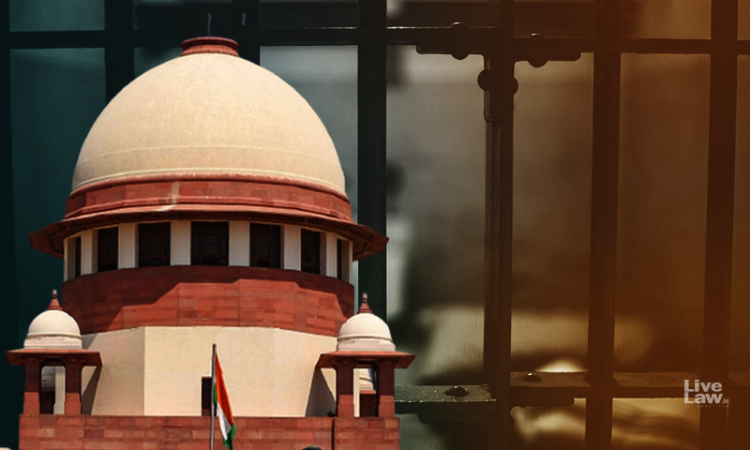The State government of Rajasthan has filed a special leave petition before the Supreme Court challenging a Rajasthan High Court judgment which granted parole to a murder convict for 15 days to engage in conjugal relations with his wife.On April 5, 2022, a division bench of Rajasthan High Court, Jodhpur observed that denial to the convict-prisoner to perform conjugal relationship with his...

